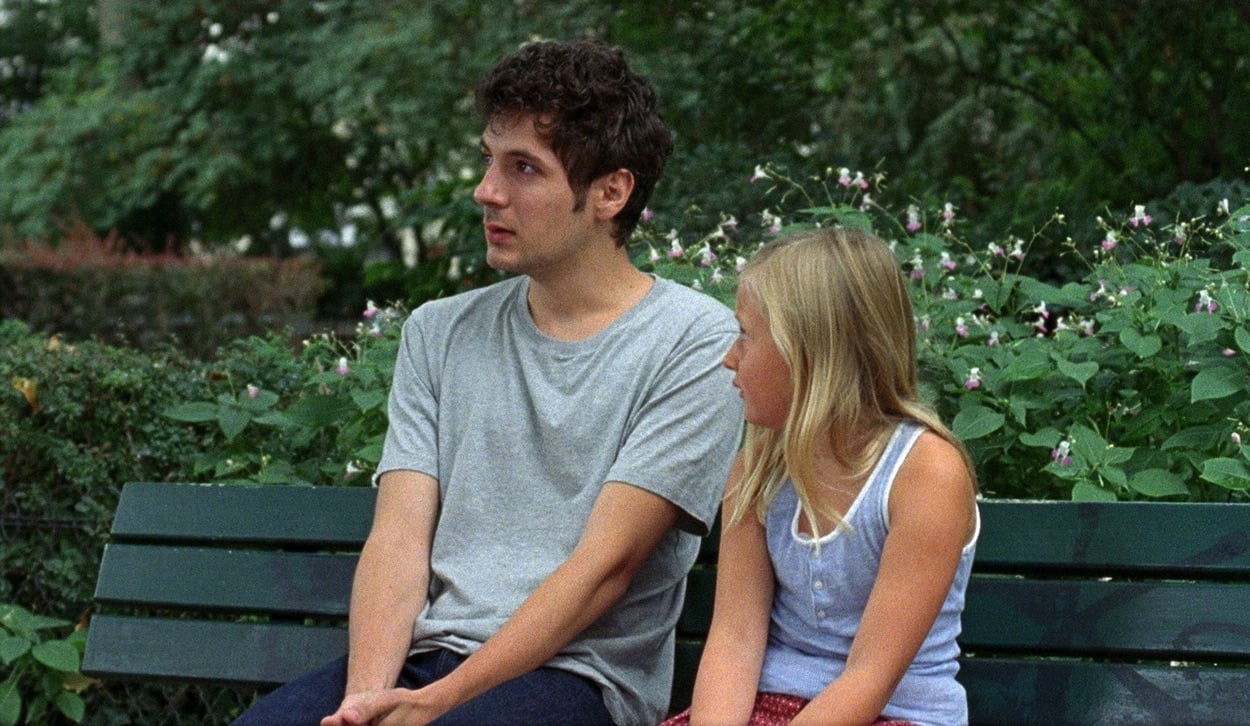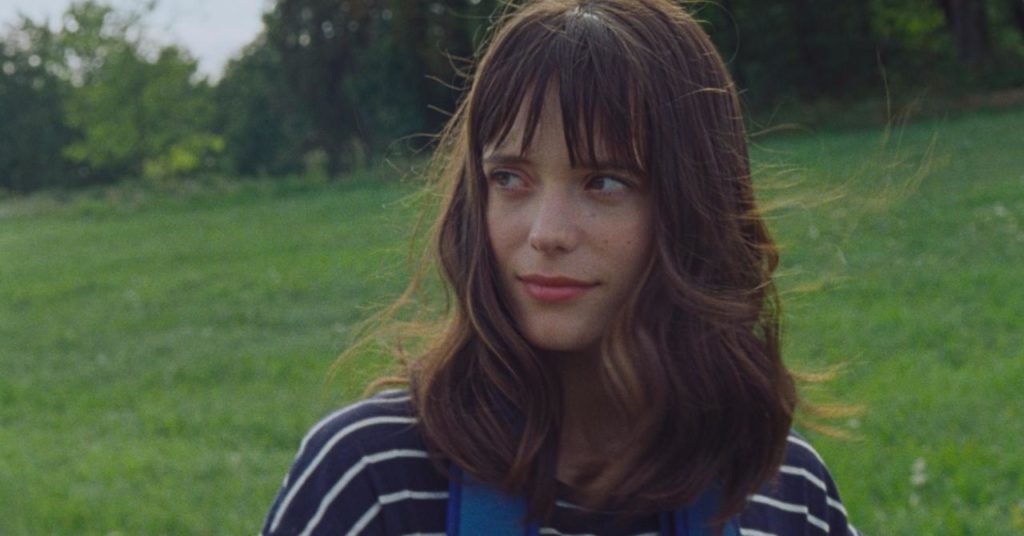Amanda uses the Islamist terror attacks in Paris in 2015 as a springboard for a quiet drama about loss. Since the focus is resolutely on the human rather than the political, it might be a bit too quiet for some, but co-writer/director Mikhaël Hers appears to be deliberately trying to make this a case of less heat more light.
Hers takes time building up his characters. Amanda (Isaure Multrier) is the shy, sweet daughter of bright, kind teacher and lone mother Sandrine (Ophélia Kolb). Sandrine’s brother, David, is a young man working two jobs and always running a bit late. Busy busy. Too busy, in fact, to take his responsibilities as an uncle as seriously as he should.
And then Sandrine dies, just as we’re getting to know her, the victim of a terror attack that is never dealt with explicitly. It, like shit, just happens, and there, on a green space on a sunny day in Paris are suddenly a lot of dead, dying and wounded people who seconds before were enjoying life in the city. It’s so understated, in fact, that it’s easy to mistake all those people on the grass for an outdoor yoga class, until you spot the blood.
From here the film’s outcome remains a mystery but the direction of travel seems set in stone – David is going to be asked to take over the raising of his neice. How he’ll do that, how Amanda will react to it, whether he’ll bale out are the questions it seems certain the film will ask and answer. And it does. There are no real surprises here but then surprises aren’t what Hers is about.
It takes a village to raise a child, as the saying goes, and there’s definitely a touch of that going on in this film as various friends and relatives rally round to help, particularly David’s aunt Maud (Marianne Basler, an effortless fit into the slot marked “chic mature Parisian woman”). But again Hers does not seem too fussed going down that avenue either. In fact the film is barely about Amanda. It could just as easily have been called David, since Emotional Aftermath of a Traumatising Event is a bit of a mouthful.
Things that would be big in other films are small here. At one point we see Muslims in a park being upbraided by a white Parisian, presumably being accused of complicity in the outrage. But it’s off to the side and we can’t hear what’s being said. At another an old friend of Sandrine’s bumps into David accidentally. She doesn’t know Sandrine is dead, and David doesn’t say anything when Sandrine’s name comes up. Then the friend walks away and David chases after her to tell her what’s happened. Out of earshot.
Stacy Martin arrives early on as a potential love interest for David. Possibly a future mother figure for Amanda? Again, Hers plays coy, but Martin is a welcome figure in any film and she adds a touch of screen sparkle to a film in the main avoiding highs and lows.
All Hers’s films to date have been been set in, and have been to some extent about, Paris. Released in 2019 but not seen by many until the pandemic had got hold, Amanda acquires an unintended extra dimension as a story about life in a big, busy cosmopolitan city. At some level city life is a vote in your fellow human beings – that they won’t infect you, or shoot you, or blow you up – a point reinforced when David and Amanda head to bustling London to watch the tennis at Wimbledon and David reconnects with his estranged English mother Alison (twinkling Greta Scacchi).
So both Amanda and David have an absent parent in the mix. A connection. If you’re expecting Hers to make a big deal about this, as Amanda, David and Alison sit quiety on Primrose Hill overlooking London while trying to heal emotional wounds, you’re watching the wrong film.
Amanda – Watch it/buy it at Amazon
I am an Amazon affiliate
© Steve Morrissey 2021


